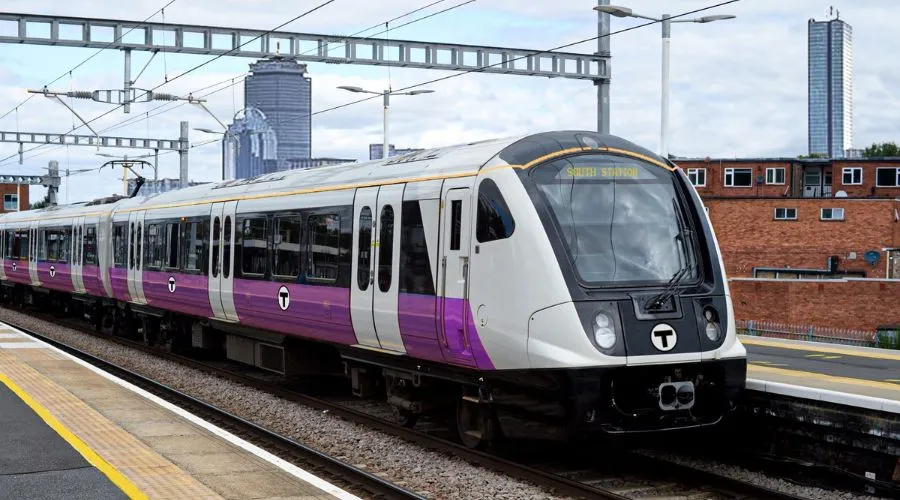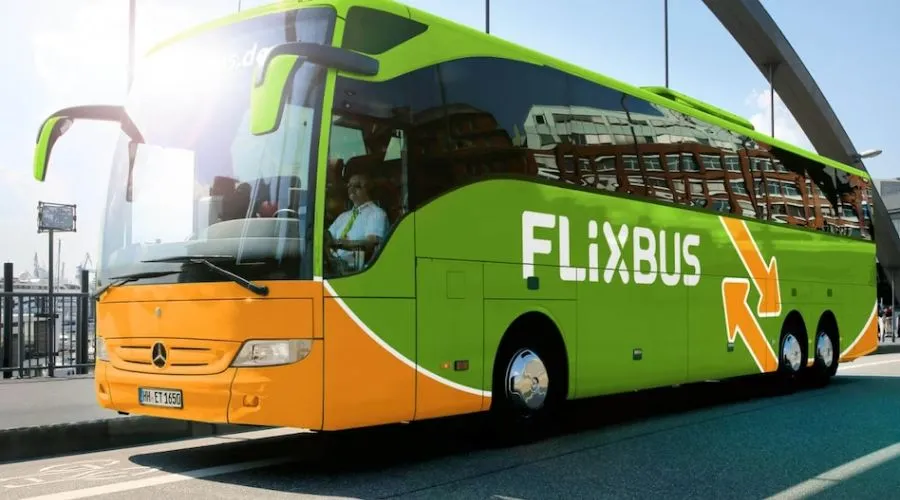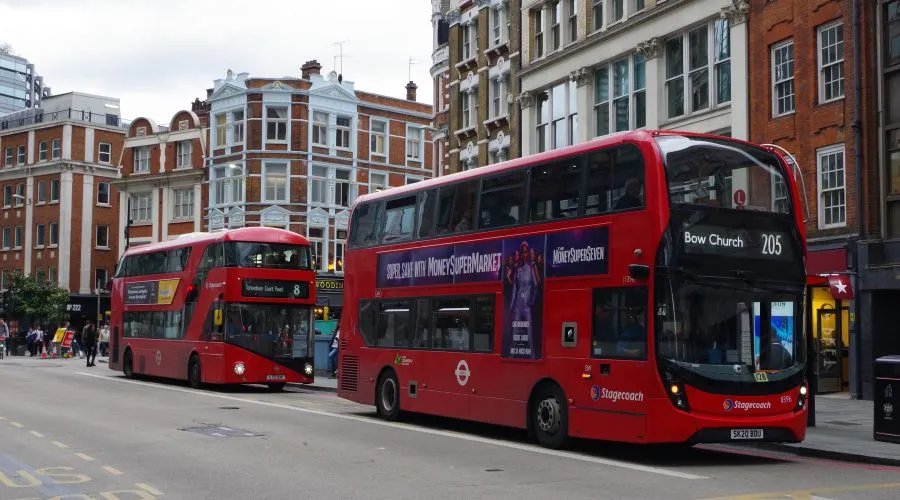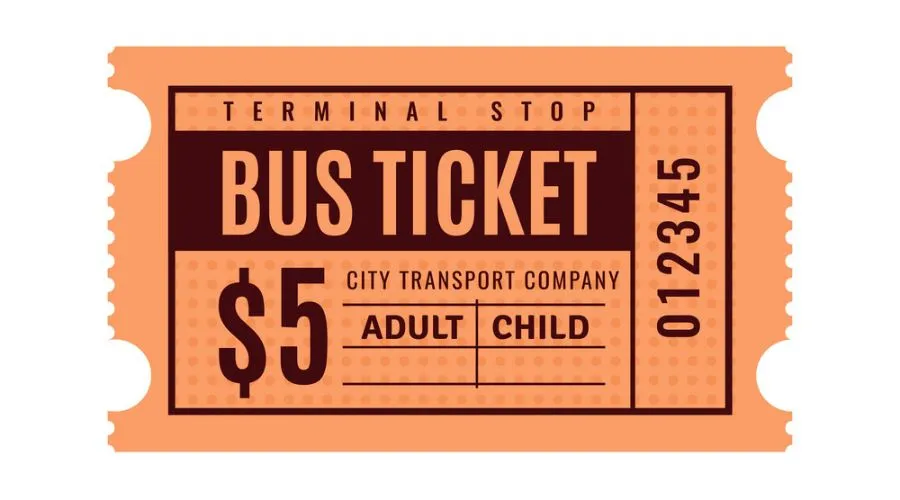
Commuter trains stand as the backbone of urban transportation systems, seamlessly weaving through the tapestry of city life, connecting suburbs to bustling downtowns. These iron giants are the unsung heroes of daily commutes, offering a plethora of advantages that make them a preferred choice for millions worldwide. From efficiency and environmental sustainability to stress-free travel, commuter trains are a beacon of convenience in the urban landscape.
Efficiency Personified: The Commuter Train Advantage
Reliable Timetables and Punctuality
One of the defining features of commuter trains is their unwavering commitment to timely schedules. Commuters can plan their day with precision, knowing that the train will arrive and depart at specified times. This punctuality is a stark contrast to the unpredictable nature of road traffic, providing a reliable alternative for those who value their time.
Reduced Congestion and Traffic Woes
In congested urban areas, where traffic jams can turn a short drive into a seemingly endless ordeal, commuter trains emerge as a beacon of hope. By opting for rail travel, commuters contribute to decongesting roads, reducing overall traffic and minimizing the environmental impact of their daily journeys.
Network Connectivity and Accessibility
Commuter train networks are strategically designed to connect various parts of a city, ensuring accessibility for a broad spectrum of commuters. This extensive network allows individuals to traverse the urban expanse effortlessly, reaching destinations that might be challenging to access by other means of transportation.
Environmental Sustainability: A Green Commute with Commuter Trains
Reduced Carbon Footprint
As cities grapple with the challenges of air pollution and climate change, the environmental benefits of commuter trains come to the forefront. Compared to individual car commutes, where each vehicle contributes to emissions, trains are a collective and more environmentally friendly mode of transport. Commuters choosing trains actively participate in reducing their carbon footprint.
Energy-Efficient Operations
Commuter trains are inherently more energy-efficient than traditional automobiles. With the ability to transport a large number of passengers in a single journey, the energy expended per person is significantly lower compared to personal vehicles. Additionally, advancements in train technology continue to make these modes of transport even more energy-efficient over time.
Incentives for Eco-Friendly Choices
Many urban areas are adopting policies that encourage environmentally responsible commuting. Governments and local authorities incentivize the use of public transportation, including commuter trains, through reduced fares, tax benefits, and other initiatives. This not only benefits the individual commuter but also contributes to a more sustainable and eco-friendly urban environment.
Stress-Free Travel: Embracing the Comforts of Commuter Trains
Seamless Connectivity and Multitasking Opportunities
Commuter trains offer a unique blend of connectivity and tranquility. Passengers can use their travel time productively, catching up on work, reading, or simply unwinding. With the advent of onboard Wi-Fi and charging stations, commuters stay connected while relishing the uninterrupted journey, making the most of their transit time.
Avoiding the Hassles of Parking and Driving
Parking nightmares and the stress of navigating busy city streets can be significant deterrents to personal car commuting. Commuter trains alleviate these concerns by eliminating the need for parking near the workplace. This not only saves time but also reduces the overall stress associated with the daily commute.
Community Building Through Shared Spaces
The shared spaces in commuter trains foster a sense of community among passengers. Regular commuters often see familiar faces, creating a shared experience that transcends the confines of the train compartment. This communal aspect of train travel adds a unique social dimension to the daily routine, transforming the journey into more than just a means of transportation.
Future Innovations: Elevating the Commuter Train Experience
Technological Integration for Smarter Travel
The future of commuter trains is intertwined with technological advancements aimed at enhancing the overall travel experience. From predictive maintenance to real-time travel updates, technology is transforming commuter trains into smarter, more efficient modes of transportation. The integration of artificial intelligence and data analytics promises to make train travel even more responsive to the evolving needs of commuters.
Green Initiatives for Sustainable Commuting
In the face of escalating environmental concerns, the future of commuter trains involves a steadfast commitment to sustainability. Innovations such as energy-efficient propulsion systems, eco-friendly materials, and renewable energy sources are shaping the next generation of trains. Commuter train operators are increasingly adopting green initiatives to align with global efforts to combat climate change.
Enhanced Comfort and Passenger Experience
The future commuter train is not just about efficiency; it’s about elevating the passenger experience. Design improvements, ergonomic seating, and onboard amenities are integral to creating a comfortable and enjoyable journey. As cities grow, the commuter train of the future will be a seamless blend of convenience, sustainability, and passenger-centric design.
Conclusion: Riding the Rails to a Better Urban Future
Commuter trains are more than just a mode of transportation; they are a gateway to a more efficient, sustainable, and stress-free urban lifestyle. As cities grapple with the challenges of population growth, traffic congestion, and environmental degradation, the humble commuter train emerges as a beacon of hope. Its efficiency, environmental sustainability, and the promise of future innovations position it as a vital component in the quest for smarter and more livable cities.
In a world where every moment counts, where the environmental impact of daily choices is scrutinized, and where the need for connectivity is non-negotiable, commuter trains stand as a testament to the power of collective, forward-thinking transportation solutions. Embracing the convenience of commuter trains is not just a choice; it’s a step towards shaping a future where urban mobility is synonymous with efficiency, sustainability, and a renewed sense of community.



















